
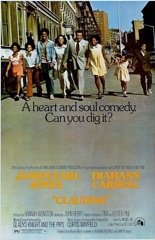 The blaxploitation boom of the 1970s was called many things by many people, but “sweet,” “romantic” and “heartwarming” were not the descriptors typically used. That’s one of the reasons that the socially conscious romantic comedy Claudine is held in such high regard by film enthusiasts.
The blaxploitation boom of the 1970s was called many things by many people, but “sweet,” “romantic” and “heartwarming” were not the descriptors typically used. That’s one of the reasons that the socially conscious romantic comedy Claudine is held in such high regard by film enthusiasts.
I vaguely remember catching it at 3 in the morning as a preteen, forever intrigued by the titular single mother (Diahann Carroll) who starts dating the local garbageman (James Earl Jones) and encounters plenty of problems along the way, such as rats in the apartment, asshole social workers and, of course, a small-scale riot that ends with the entire family being carted away while happily waving from the back of the paddy wagon.
Still, I have to admit, my young brain probably didn’t understand the movie and I’m sure I was misremembering most of it.
Turns out I wasn’t. The groundbreaking Claudine, directed by former blacklisted filmmaker John Berry, is an anomaly in the blaxploitation cycle, with Carroll portraying a realistic mother of six kids, forever tired and not willing to put up with too much bullshit, from her teen daughter’s pregnancy, which she attempts to beat out of her, to her older son’s vasectomy, railing against him for destroying his “manhood.”
With a soundtrack by both Curtis Mayfield and Gladys Knight & the Pips, Claudine was a minor hit when originally released, yet somehow has been relegated to virtual obscurity in the ensuing years. A gritty but loving entry in the cinematic Black boom of the ’70s, it deserves to be rediscovered or, you know, just plain discovered. —Louis Fowler

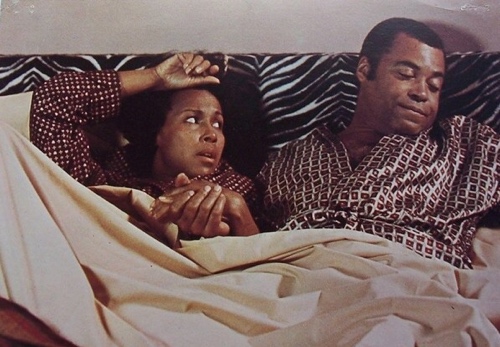

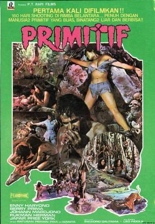
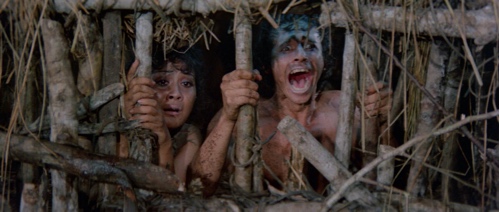
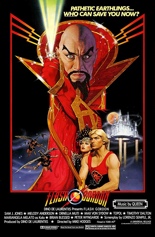
 Comic book movies are, for the most part, stupid. Sadly, as our society has become a bleak pit of absolute despair, so have the recent ultra-gritty four-color adaptations that have hit the screen. Those that, in the past, wallowed in their inherent camp were often mocked and relegated to various “worst movies” lists, with one of the most infamous being the comic-strip flick
Comic book movies are, for the most part, stupid. Sadly, as our society has become a bleak pit of absolute despair, so have the recent ultra-gritty four-color adaptations that have hit the screen. Those that, in the past, wallowed in their inherent camp were often mocked and relegated to various “worst movies” lists, with one of the most infamous being the comic-strip flick 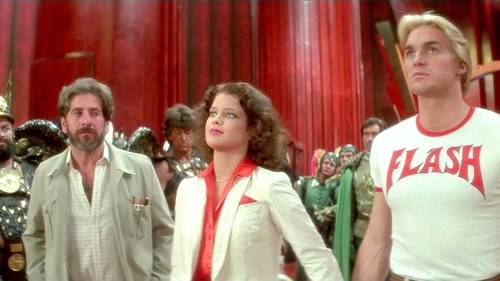
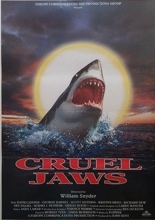
 I have never seen Steven Spielberg’s
I have never seen Steven Spielberg’s 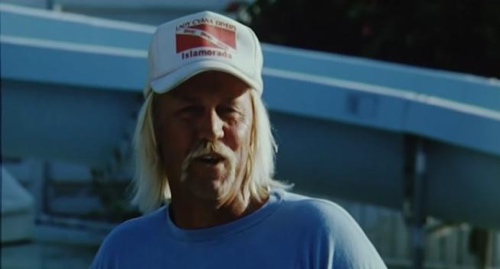

 Serge Gainsbourg is held up, by me, as the undisputed master of Parisian perversity, audibly in his music and visually in his films. With titles like the exhibitionist
Serge Gainsbourg is held up, by me, as the undisputed master of Parisian perversity, audibly in his music and visually in his films. With titles like the exhibitionist 